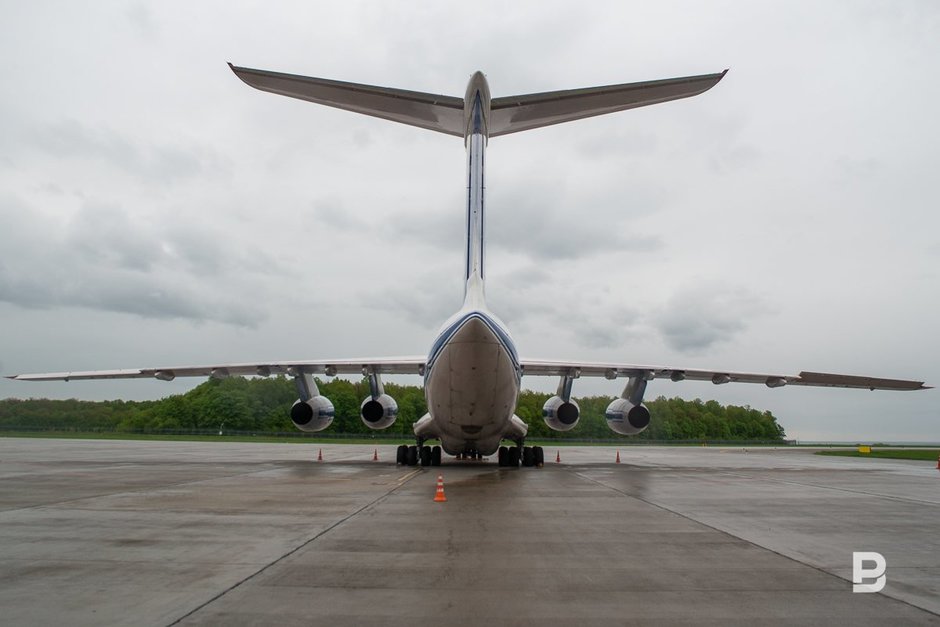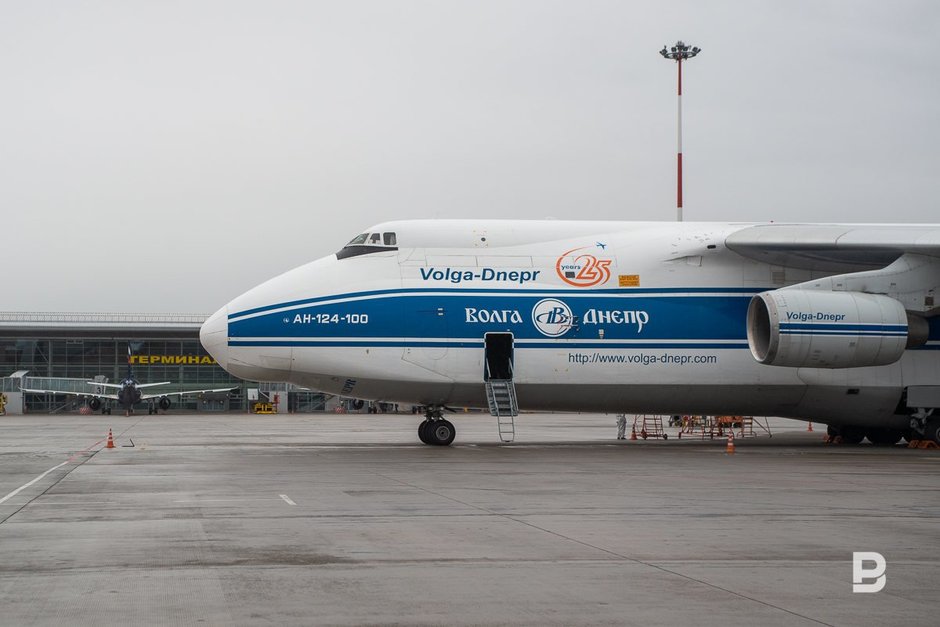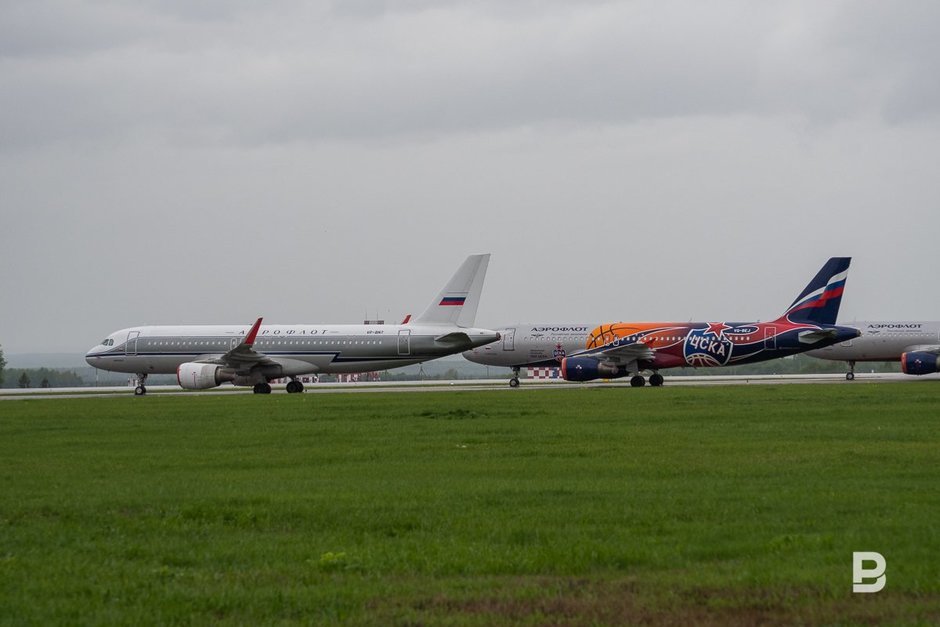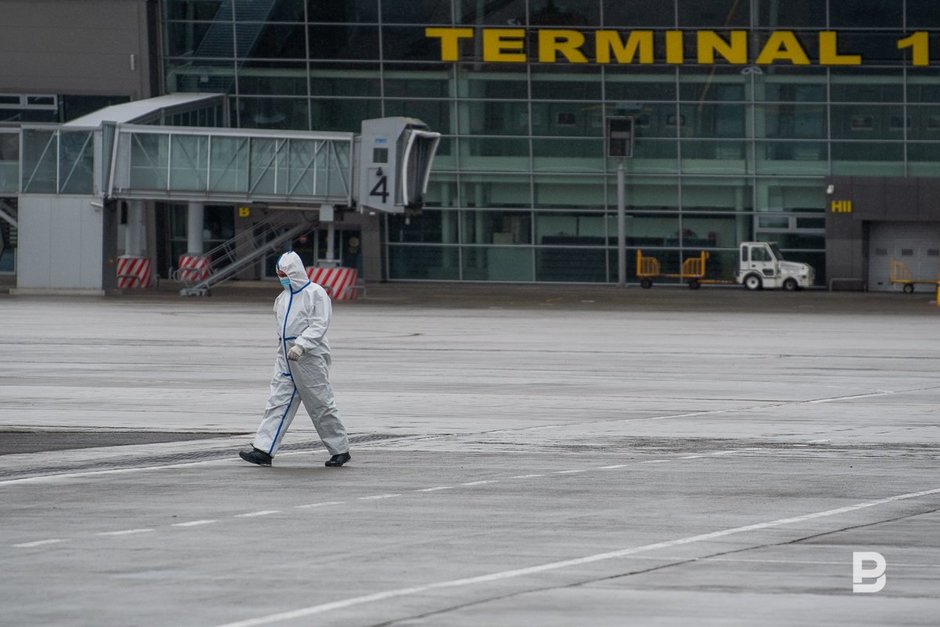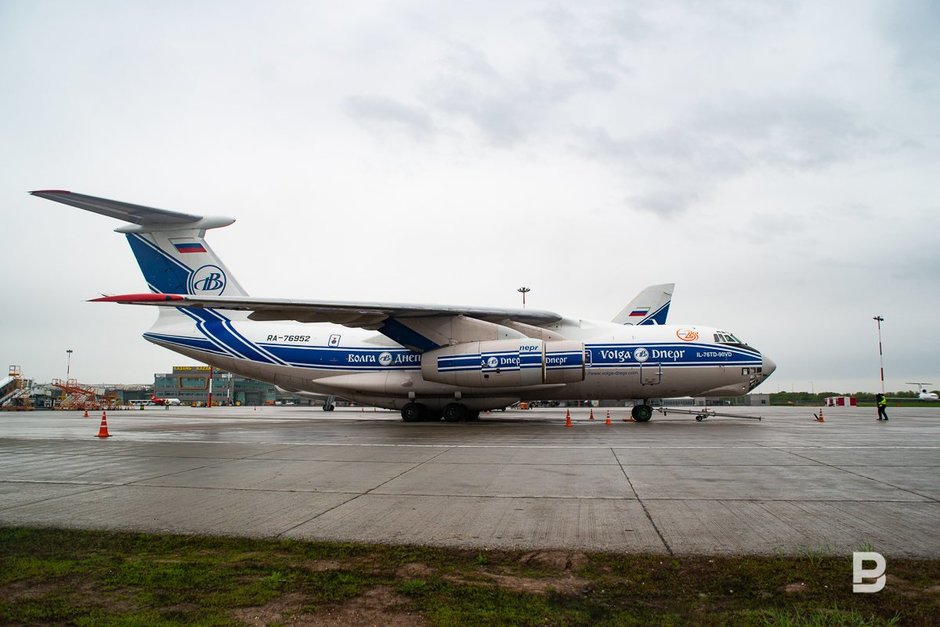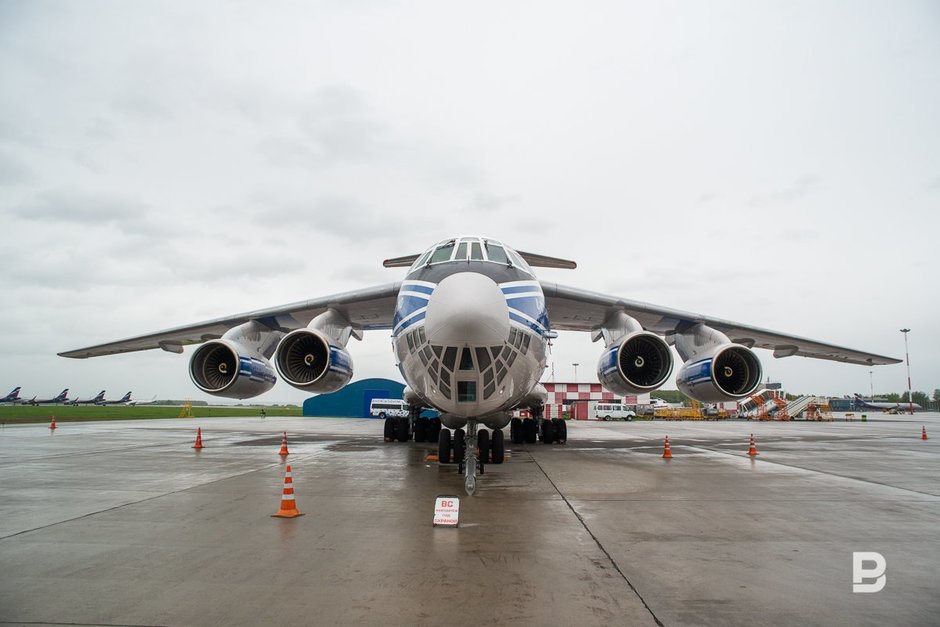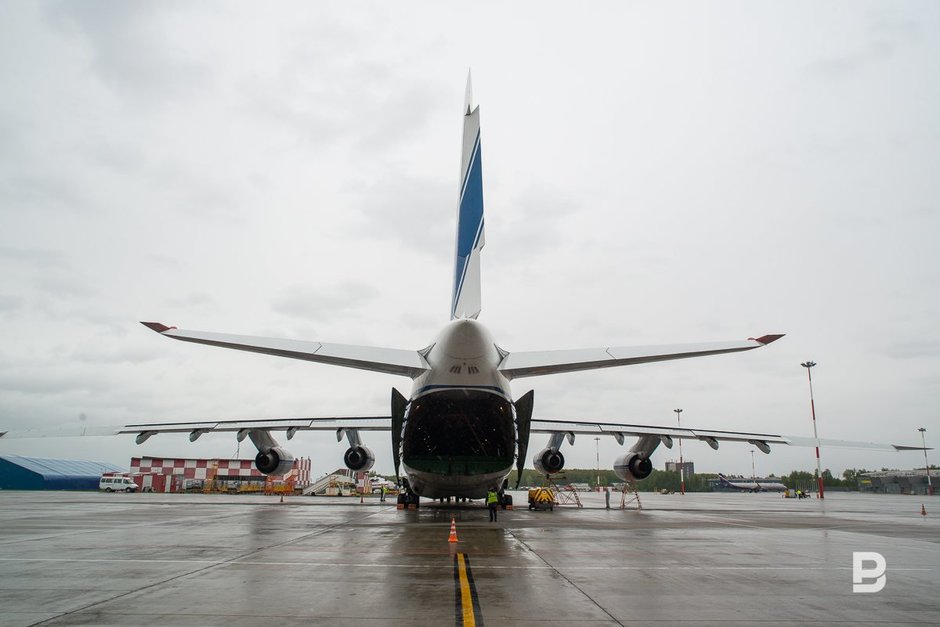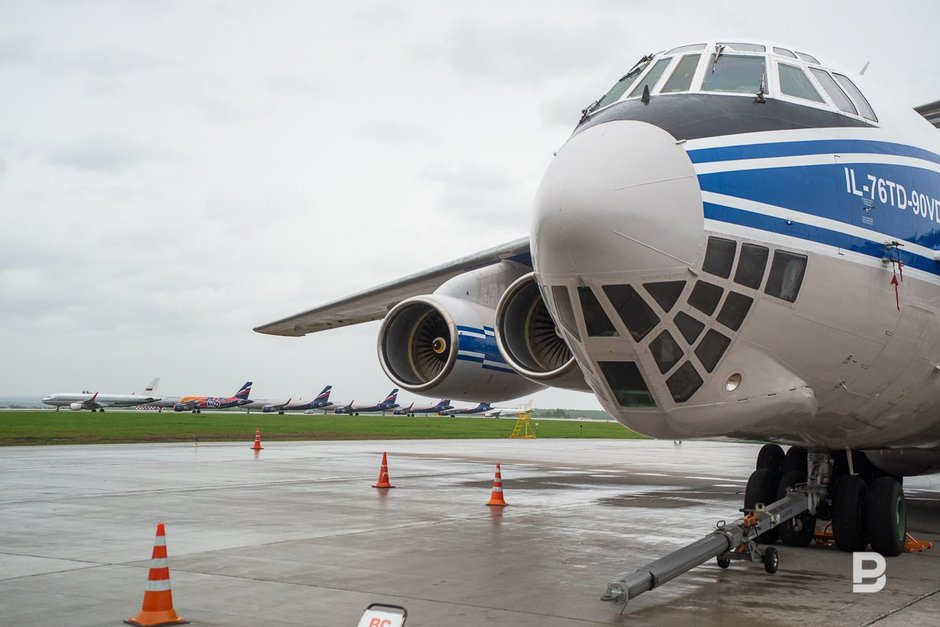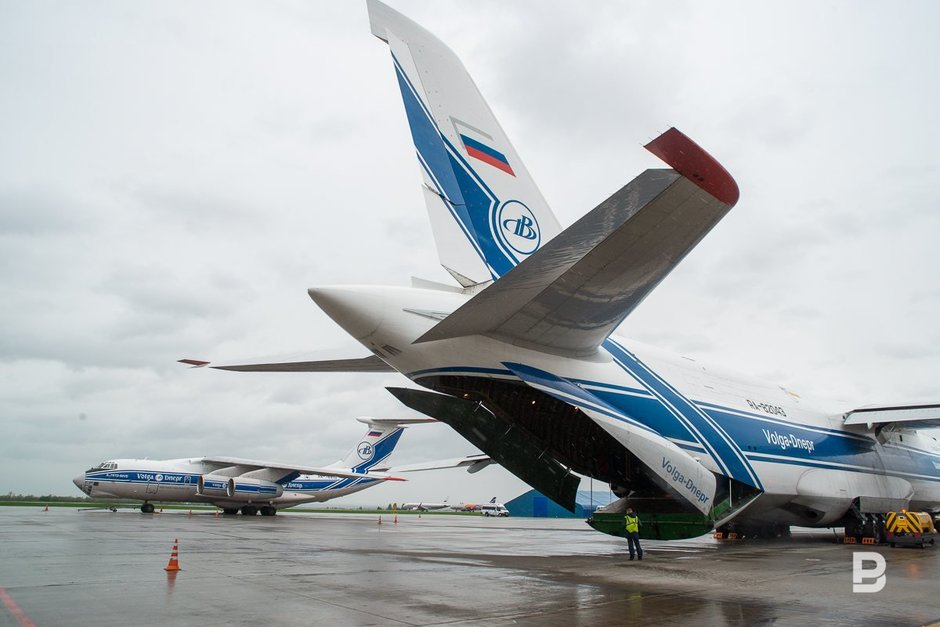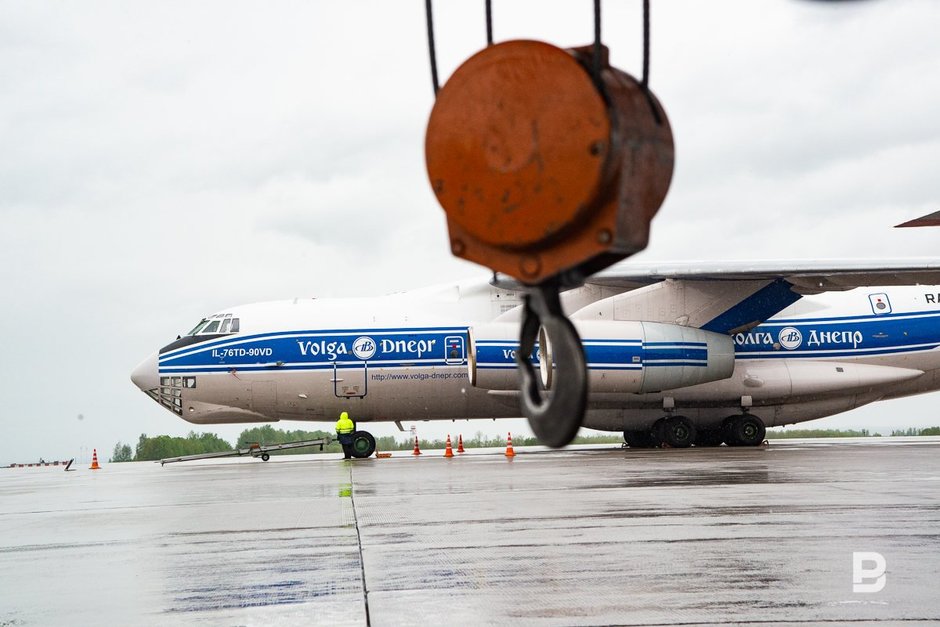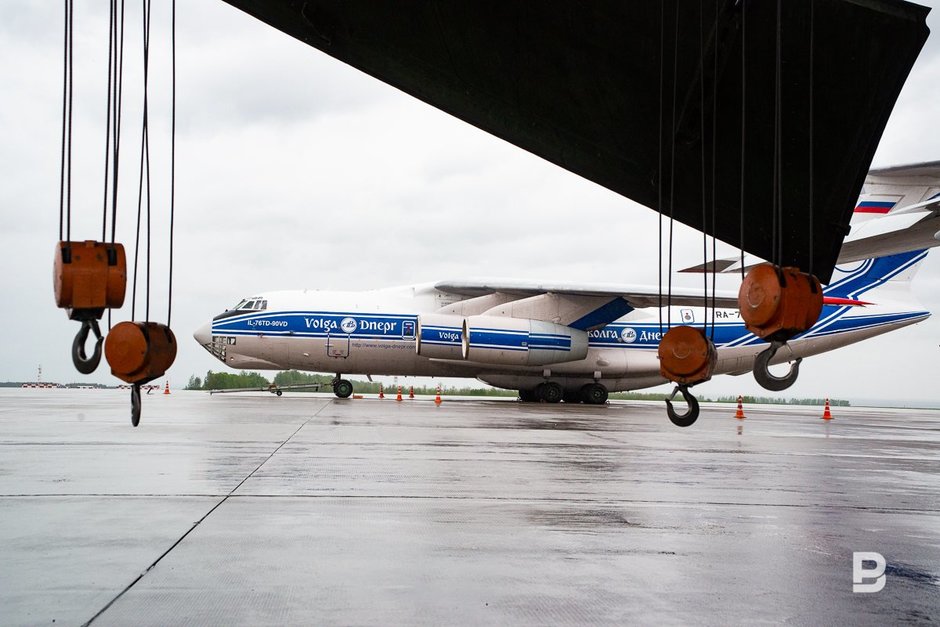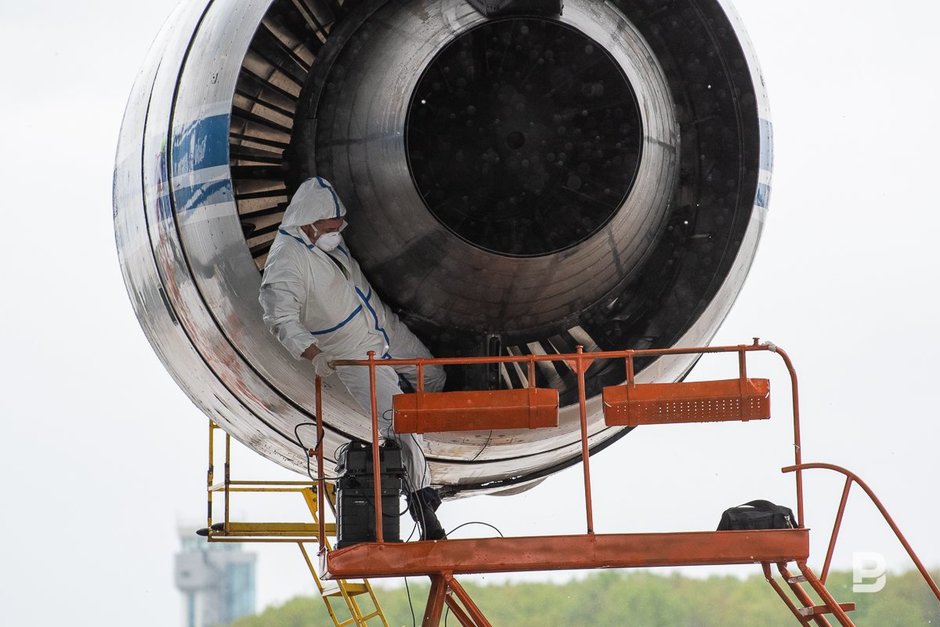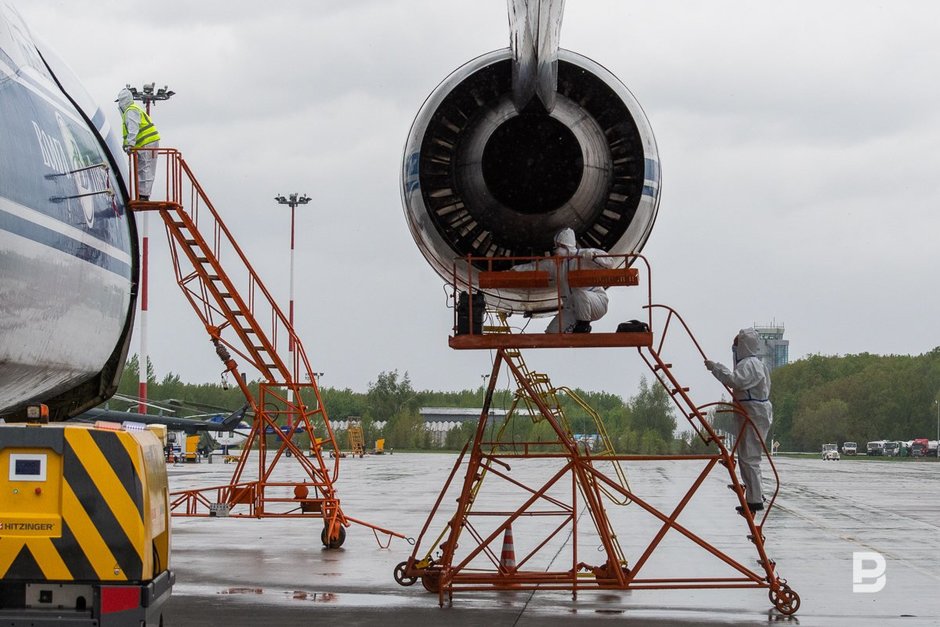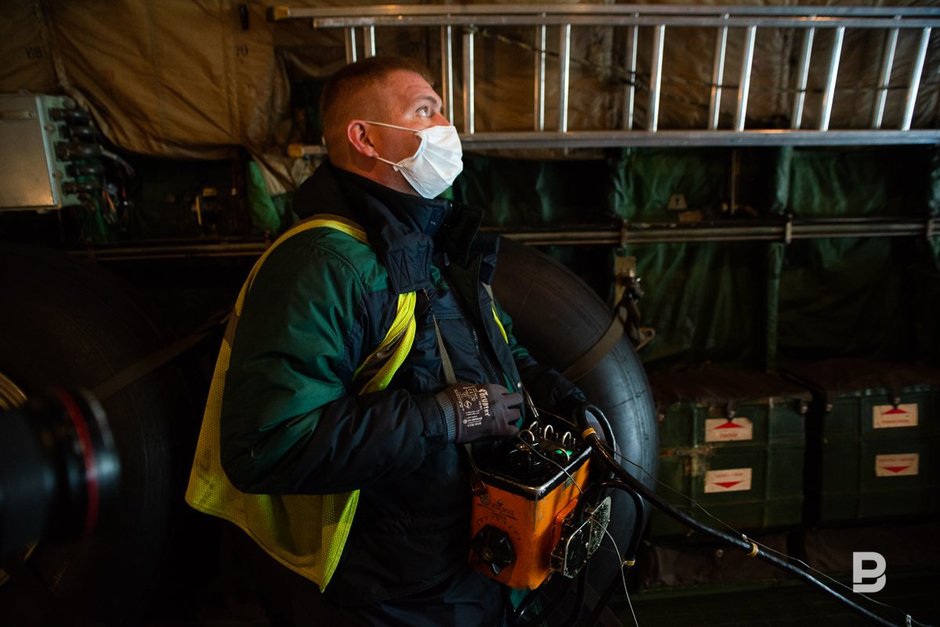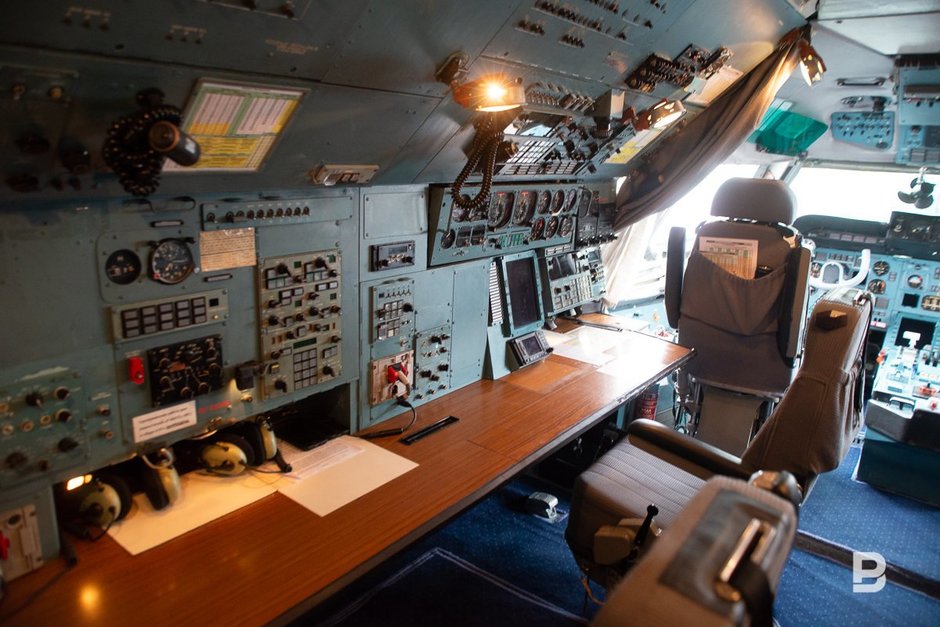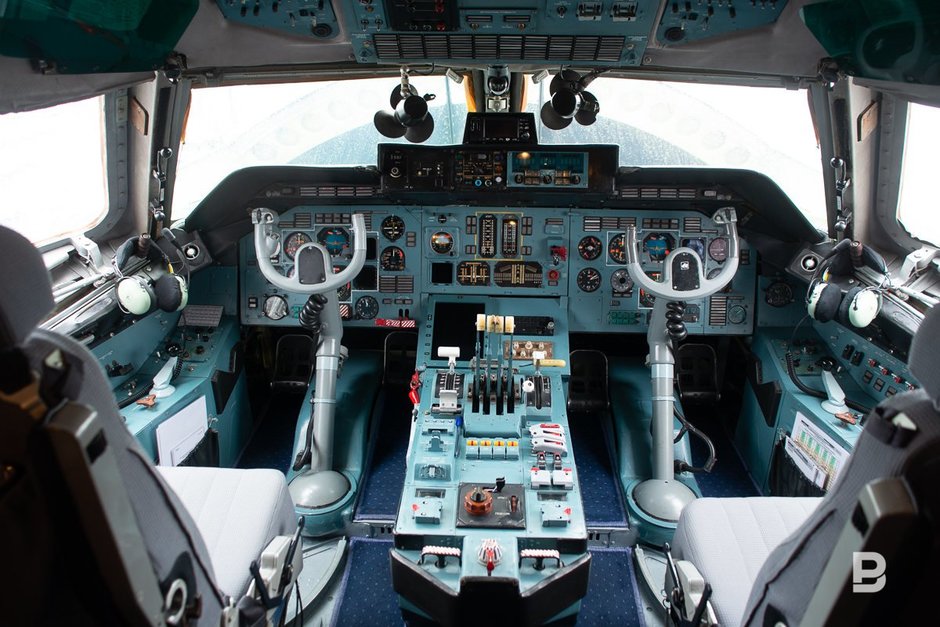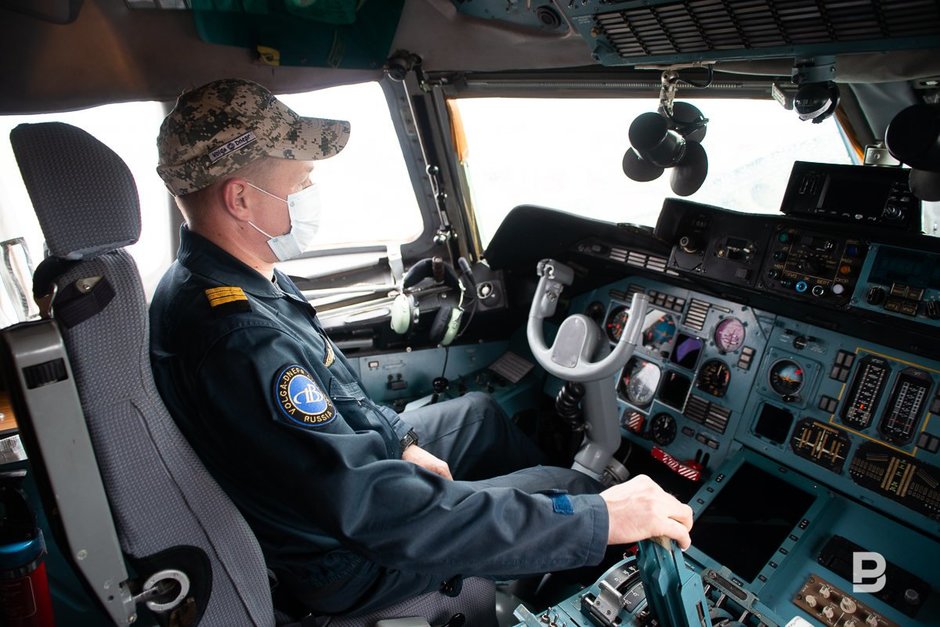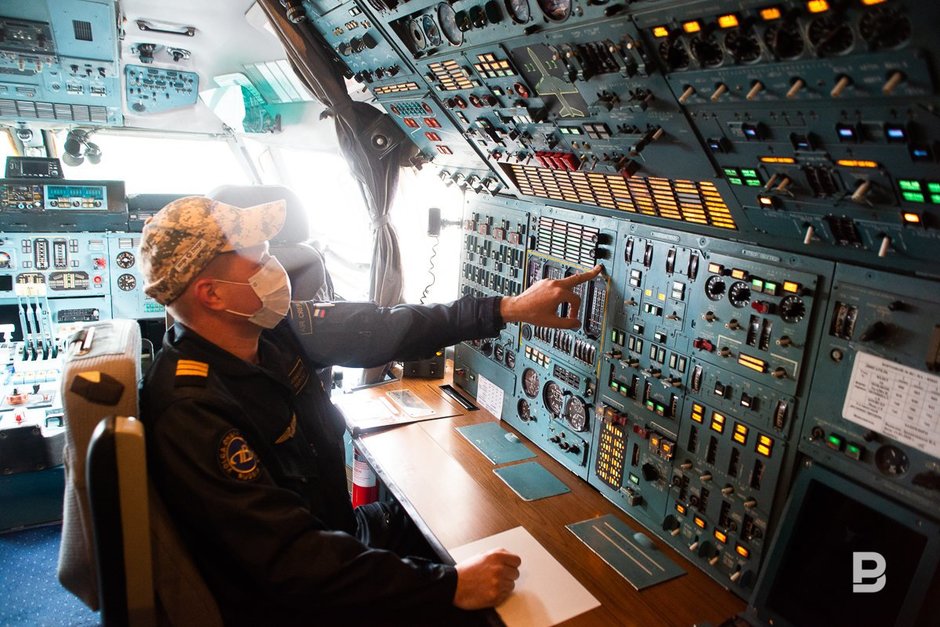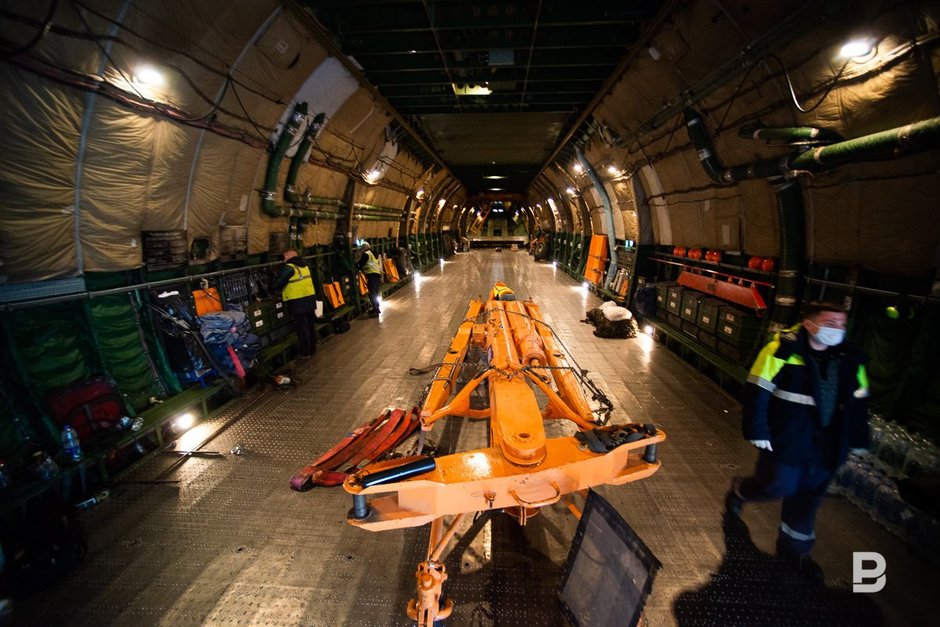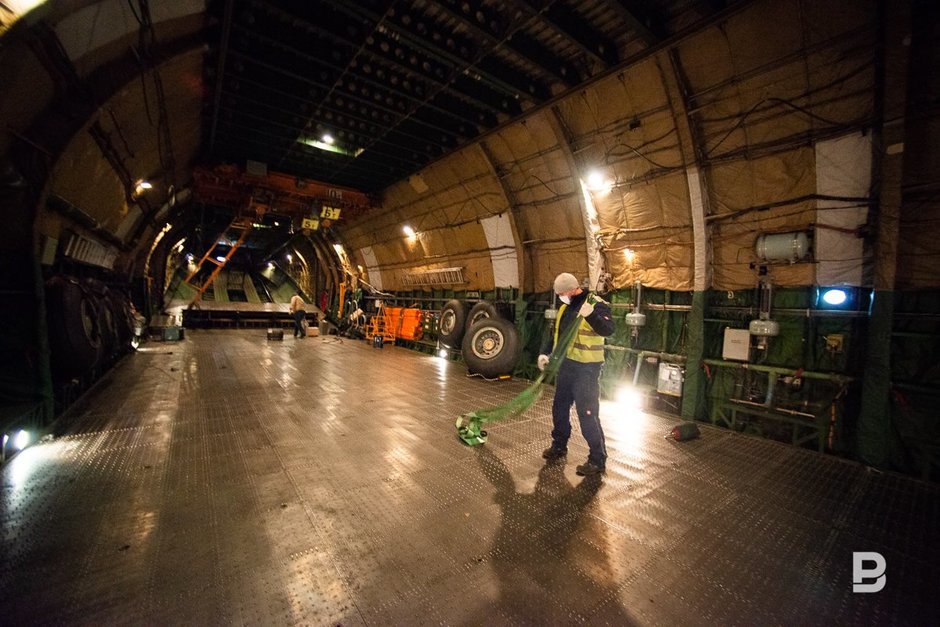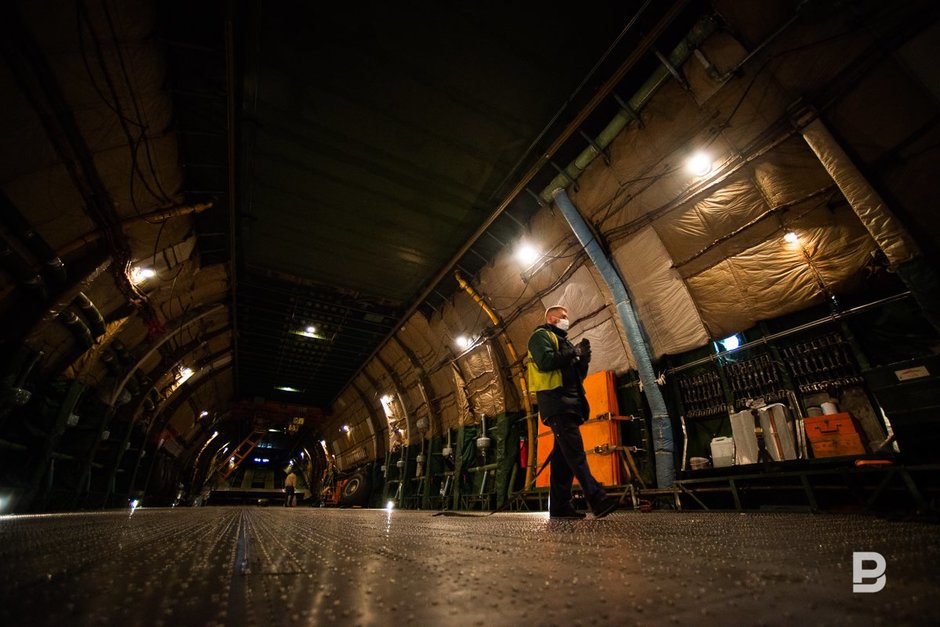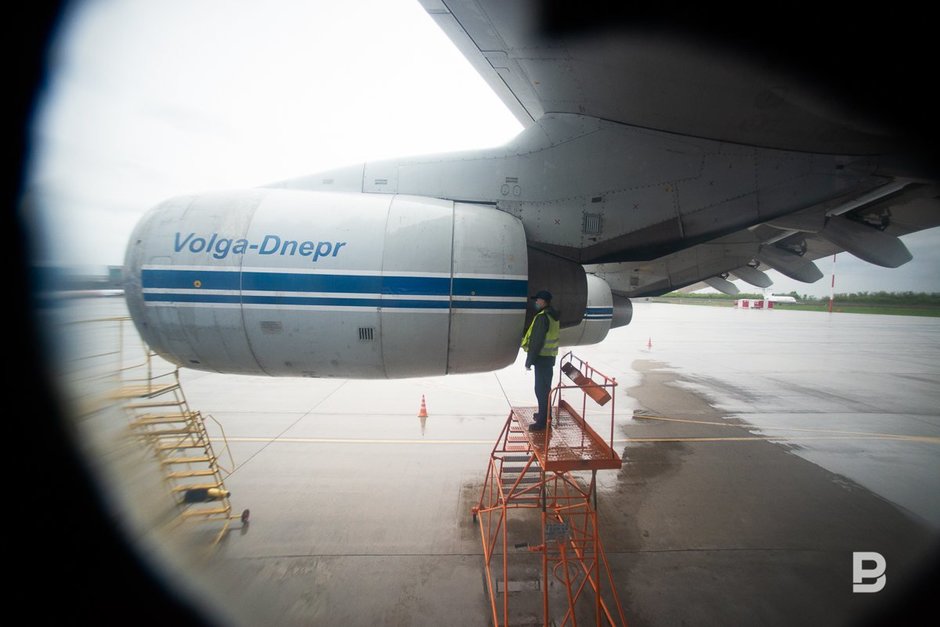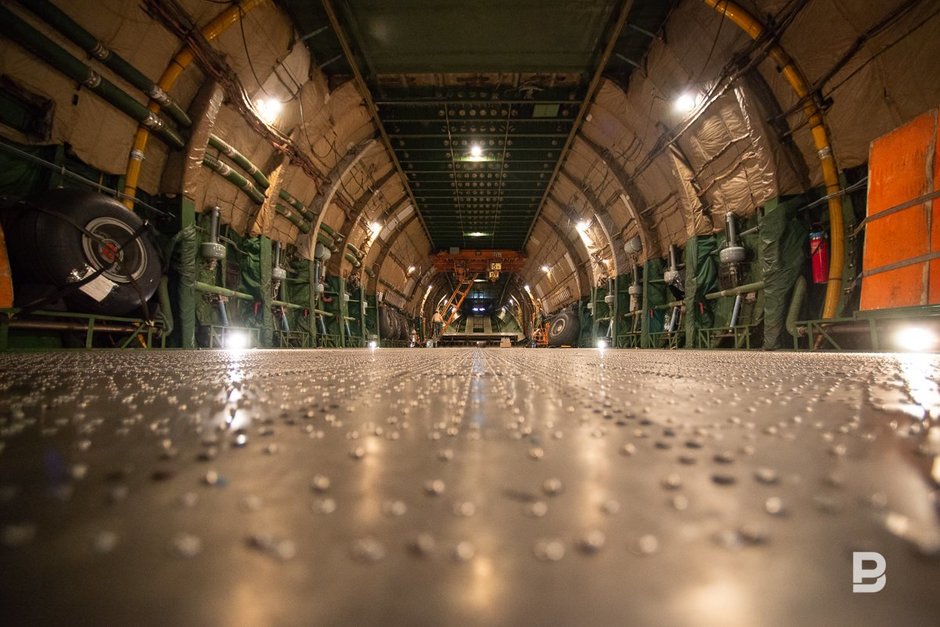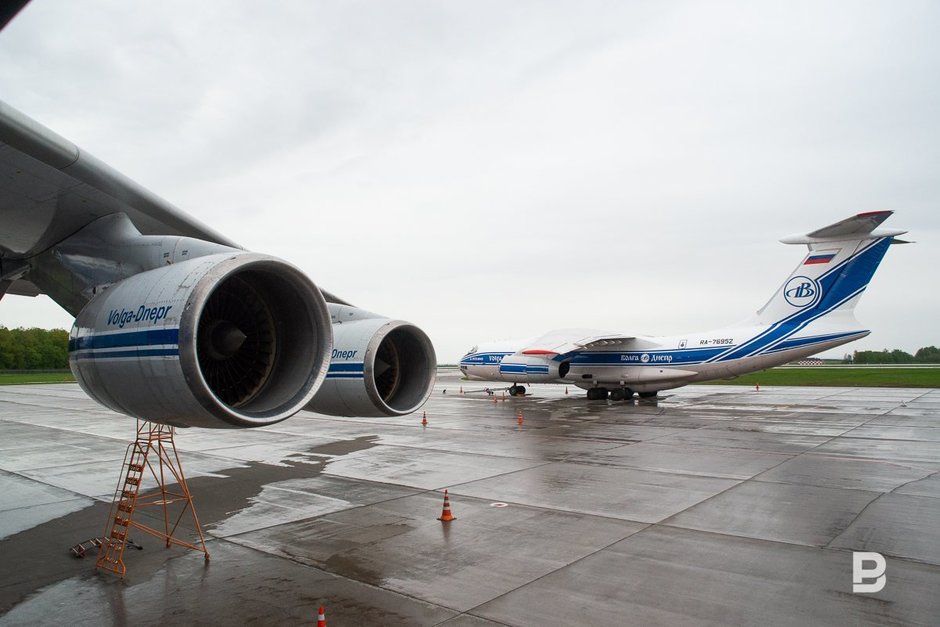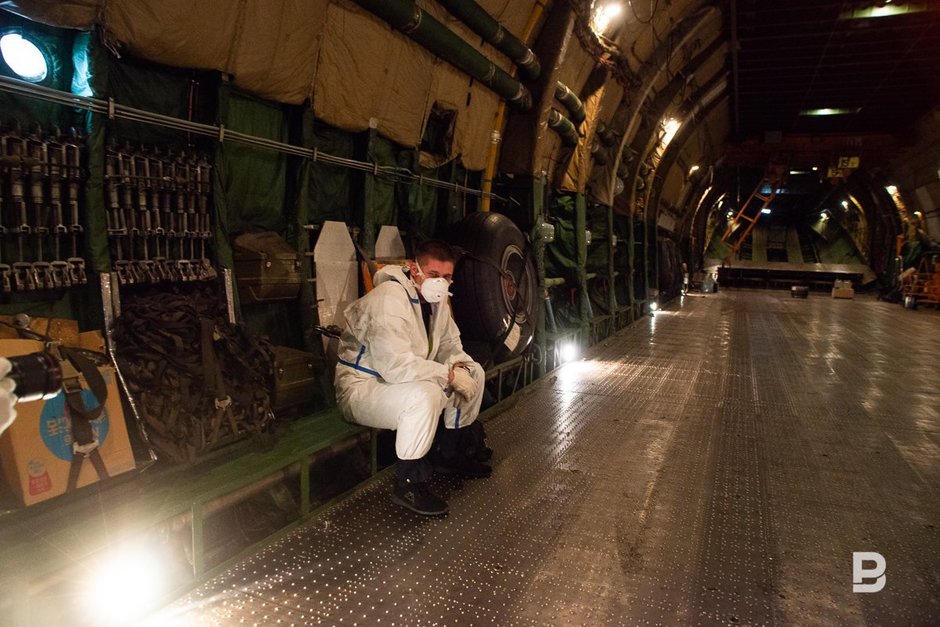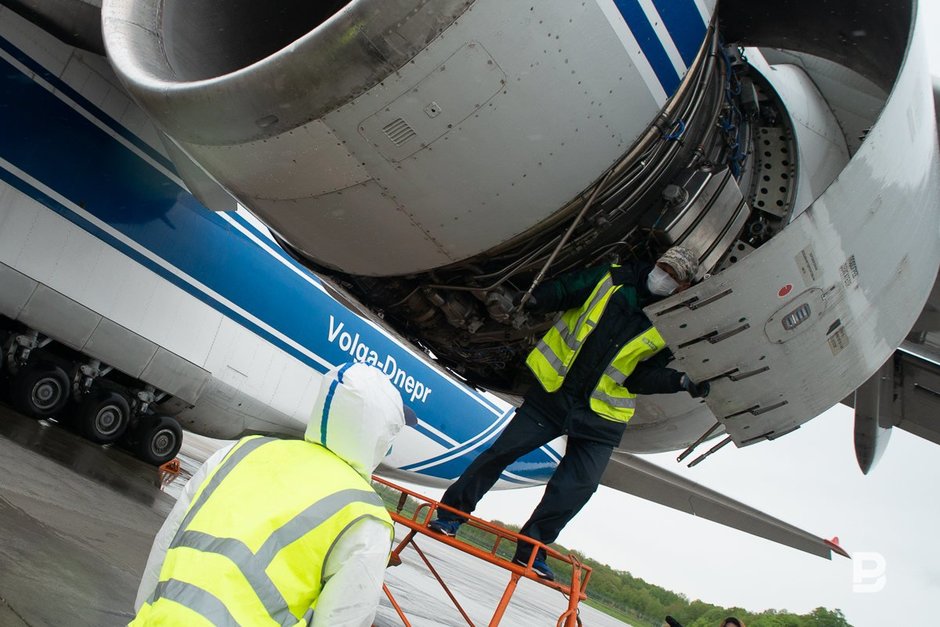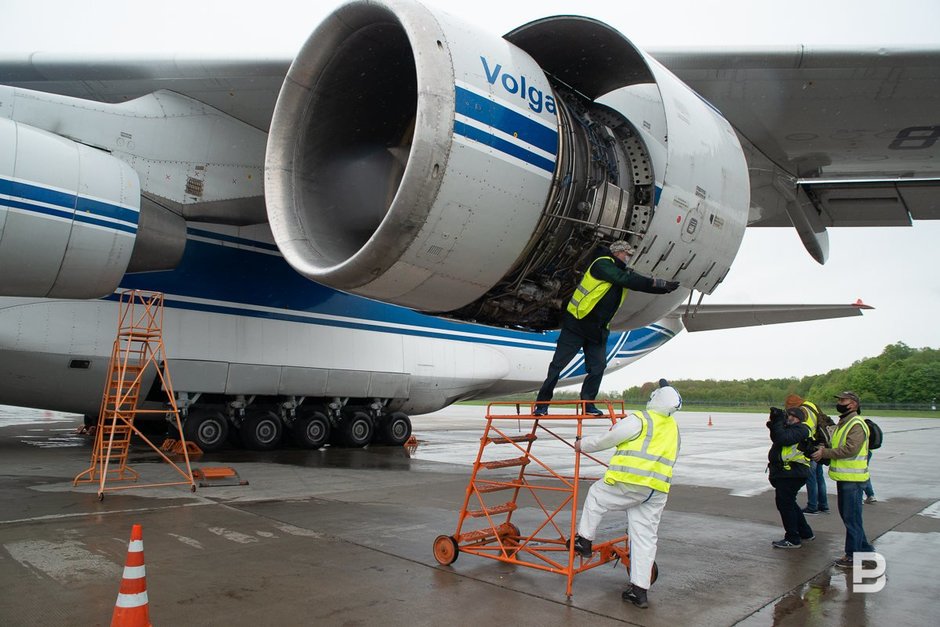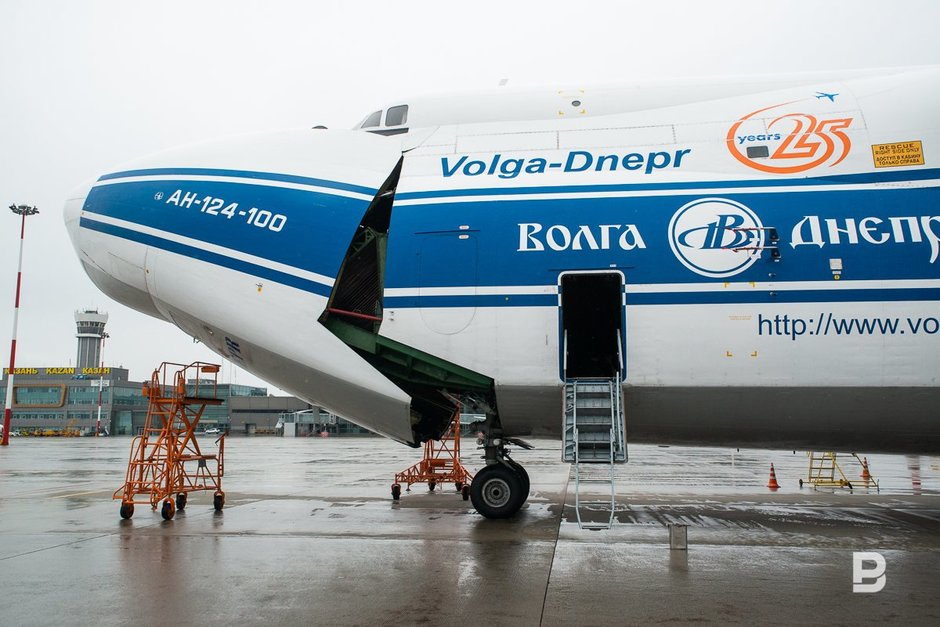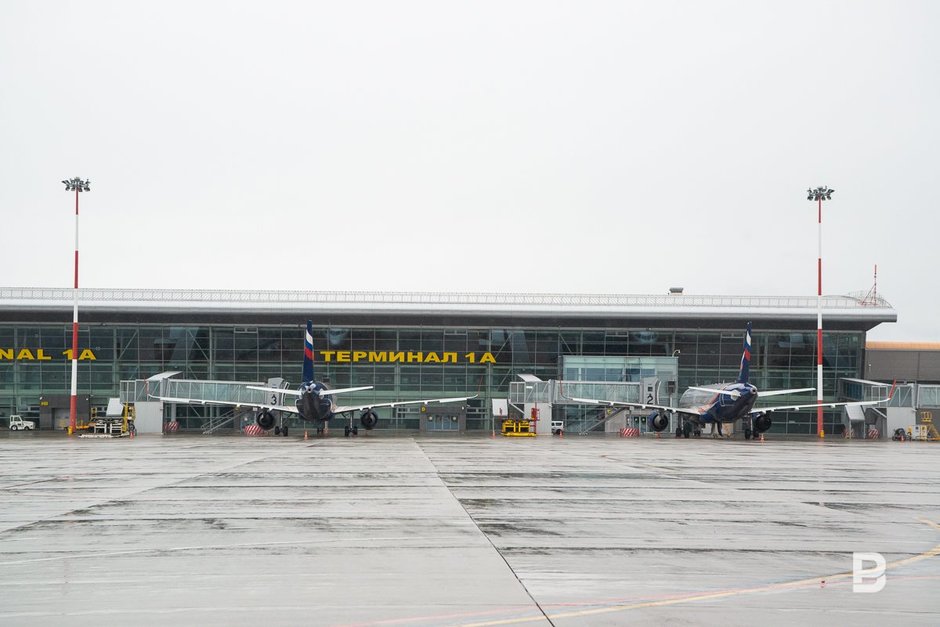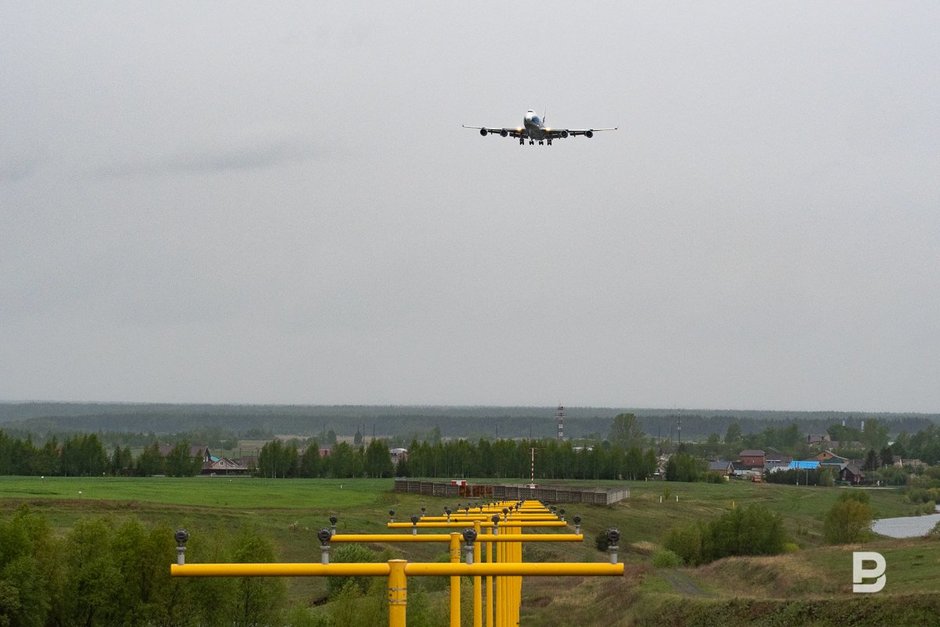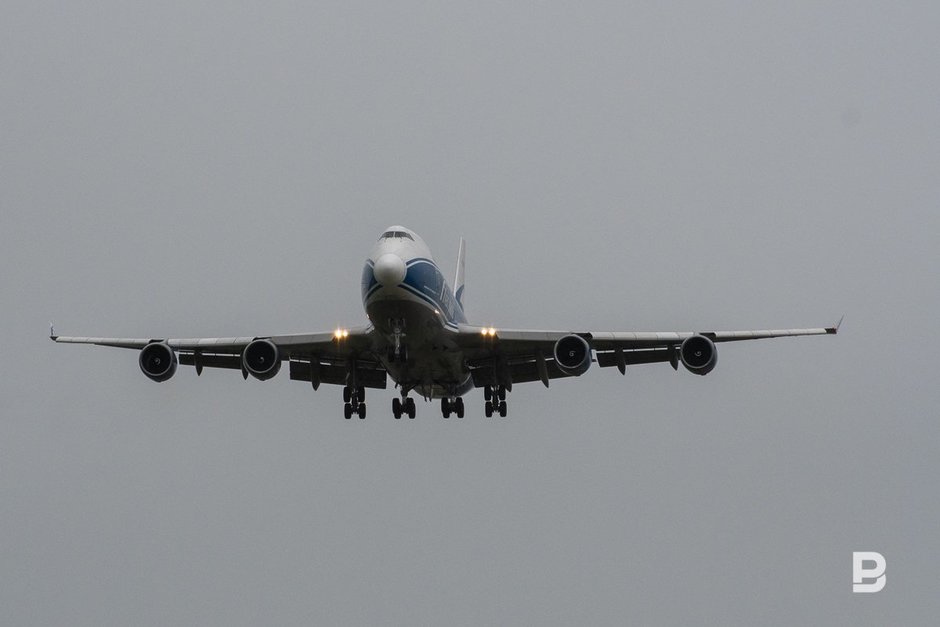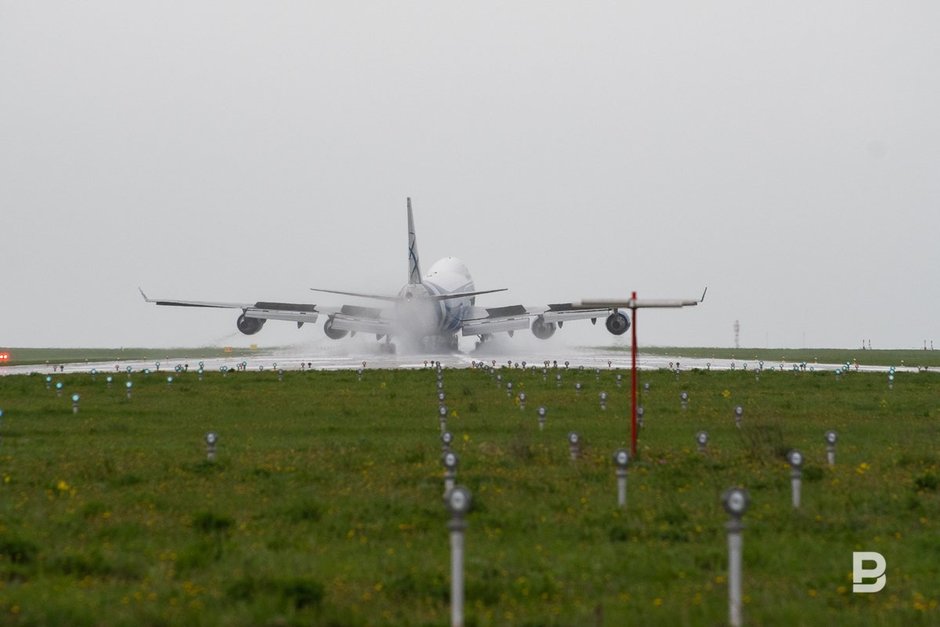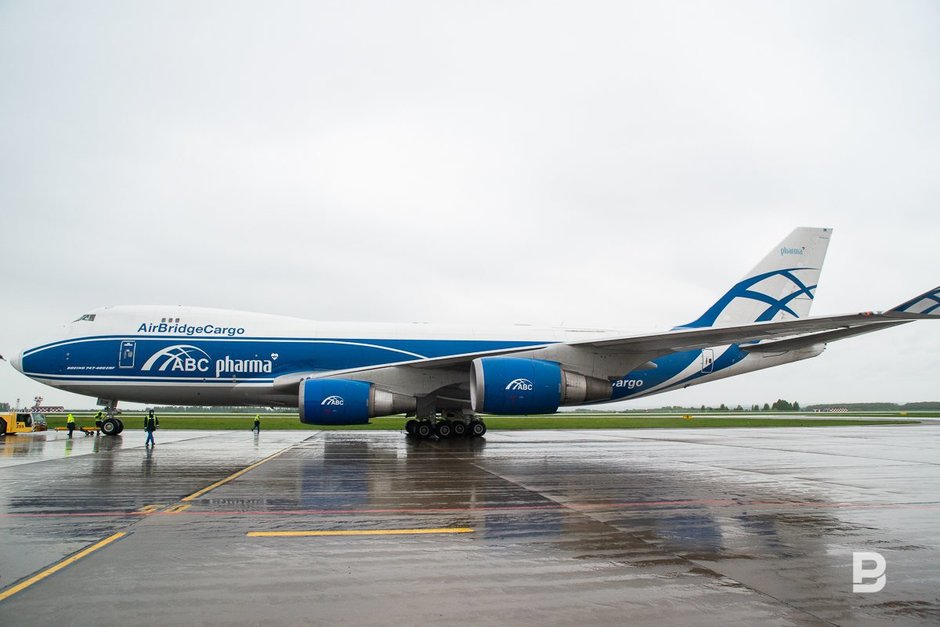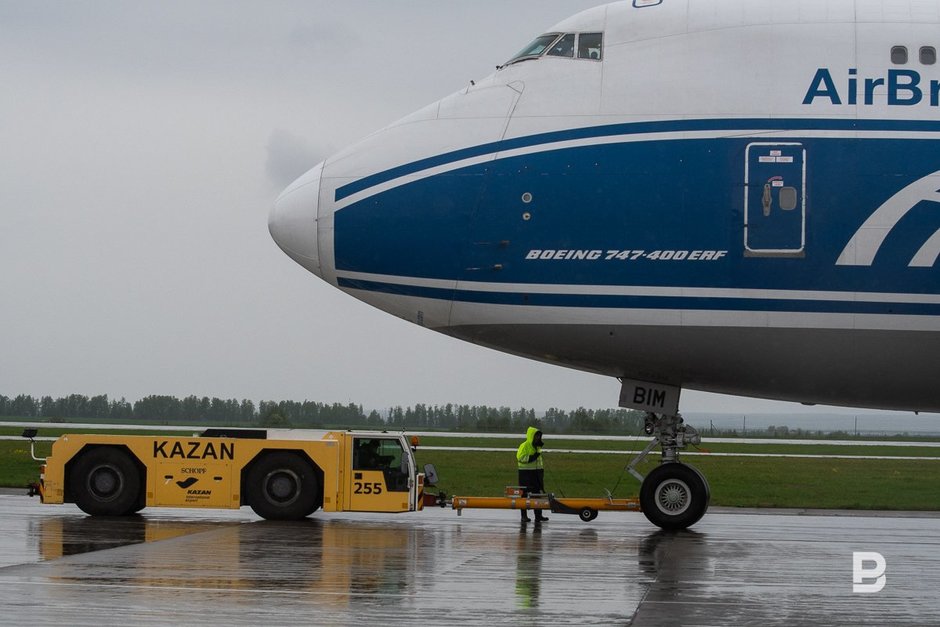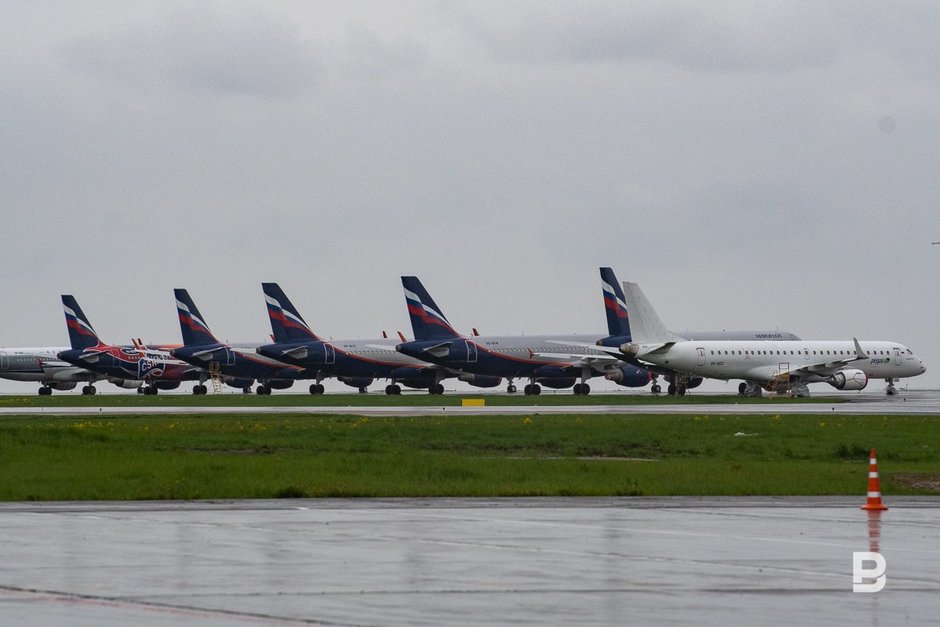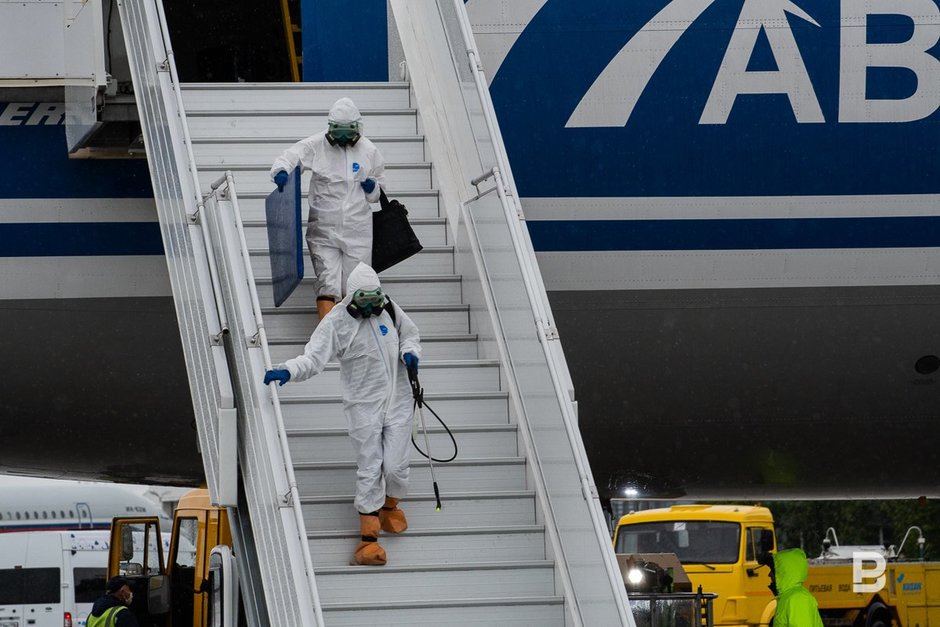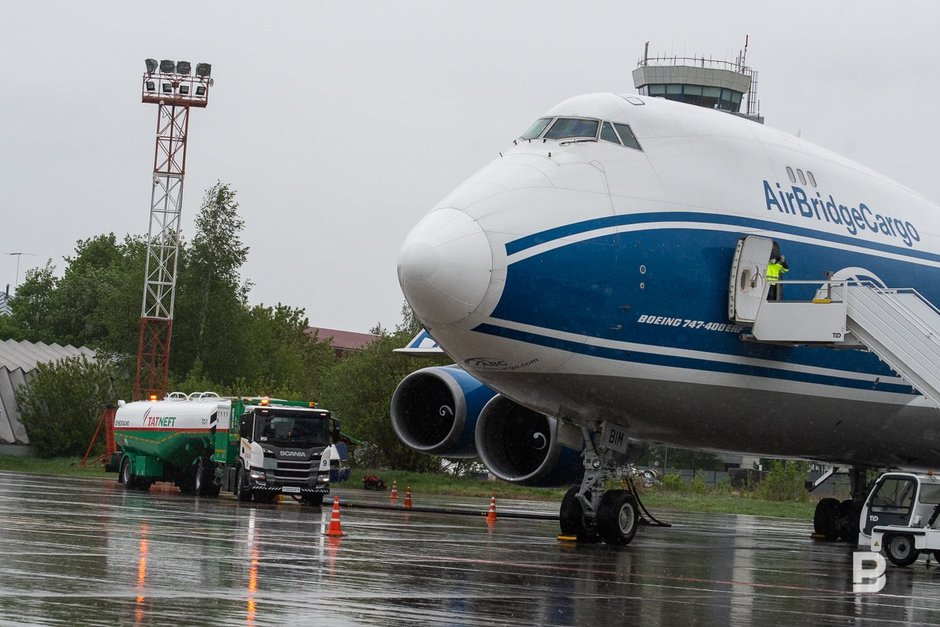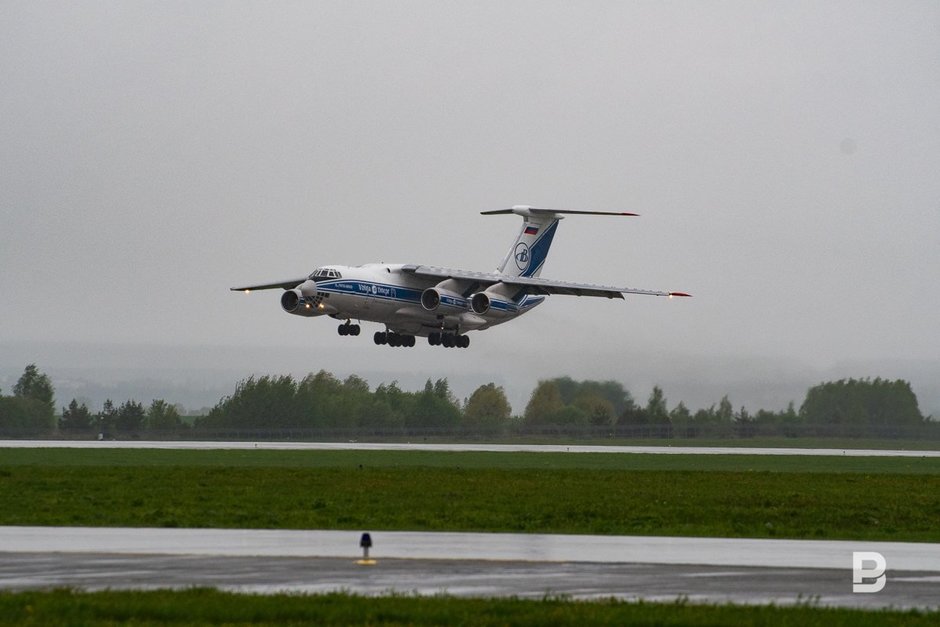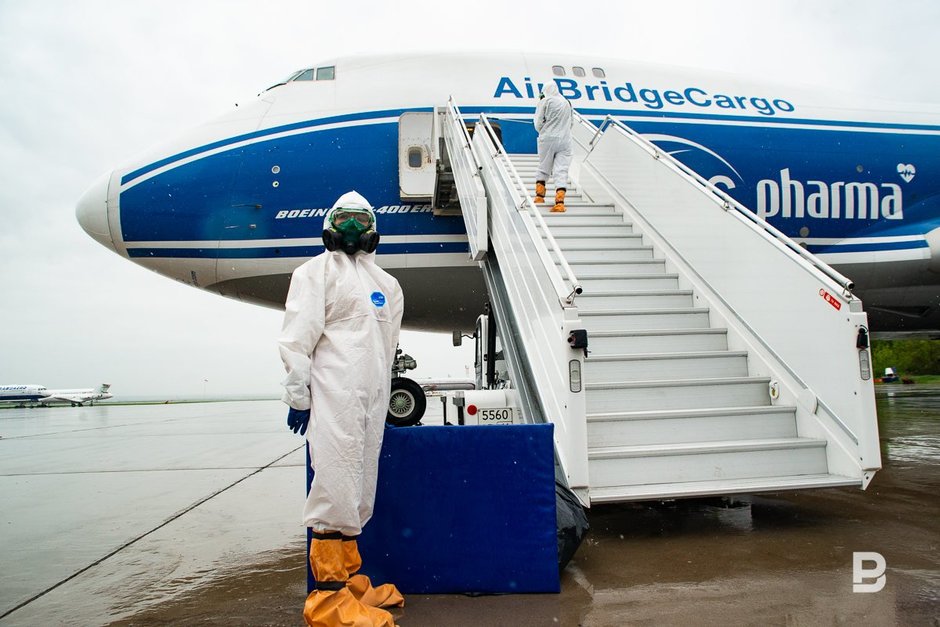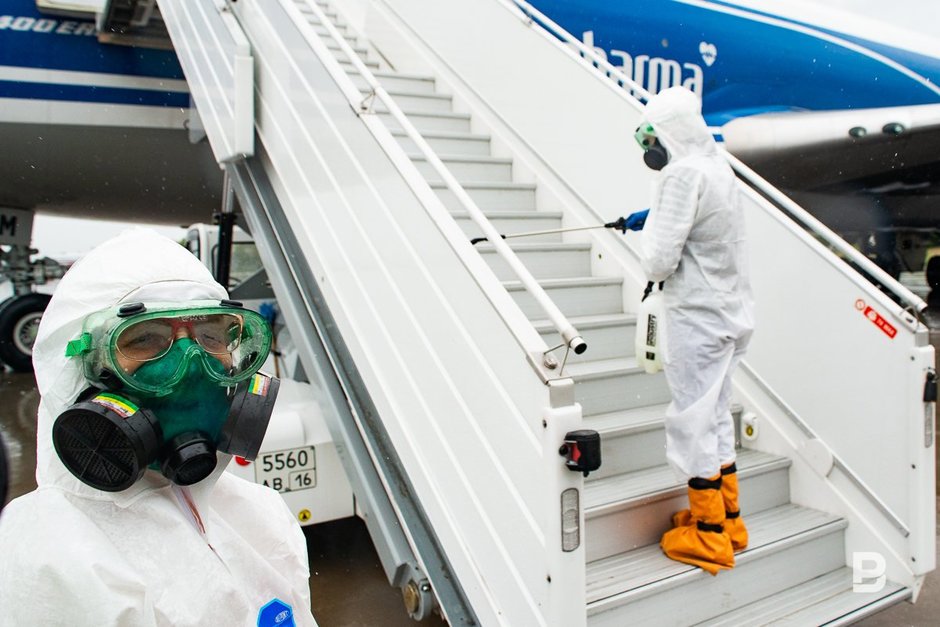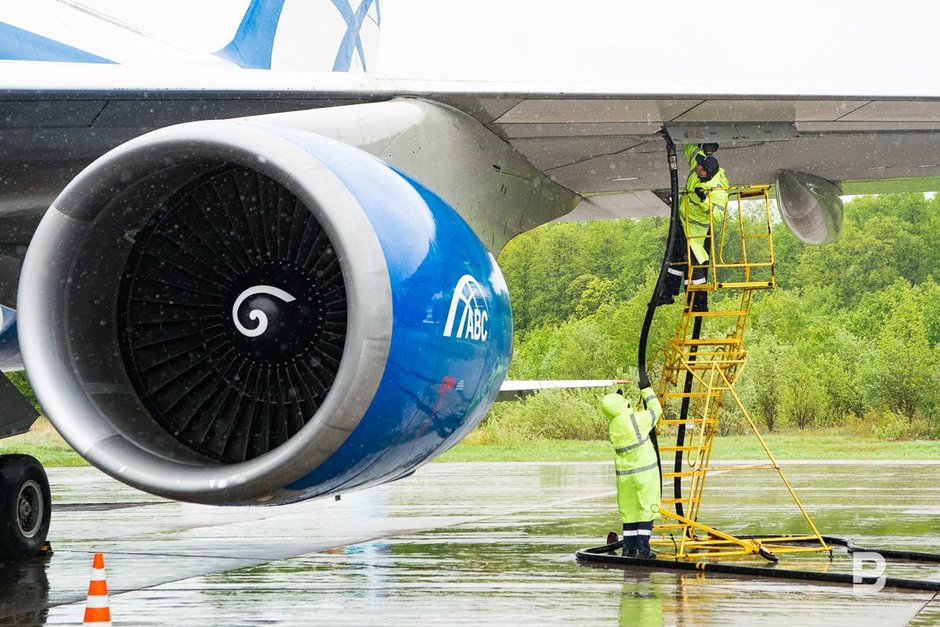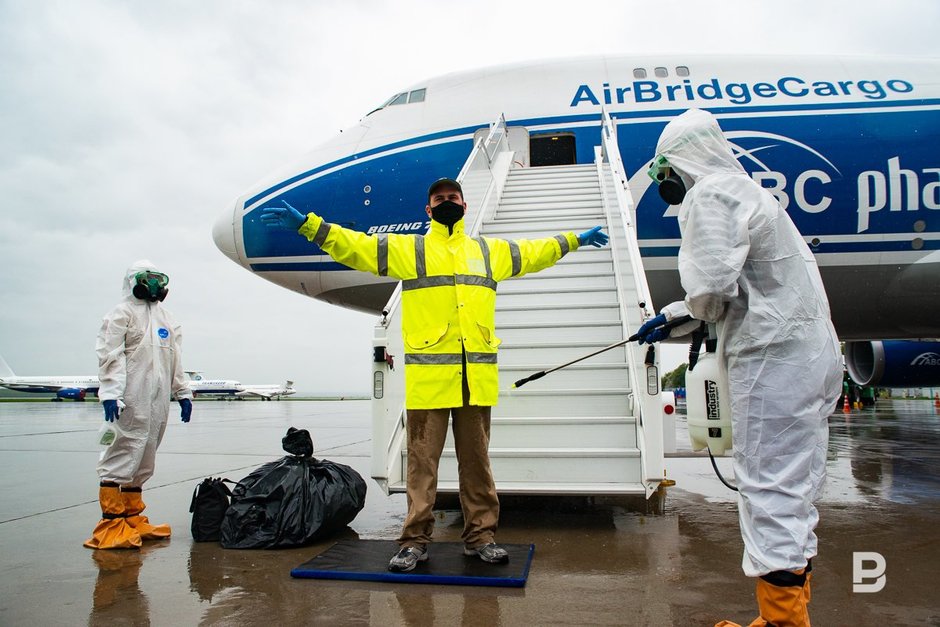‘The airport of Kazan has all prerequisites to become the regional transport hub’
How Volga-Dnepr cargo airline began expansion to Kazan
If passenger airlines aren’t having the best times during the coronacrisis, some cargo airlines are finding opportunities to expand to regions. So Volga-Dnepr groups significantly expanded the geography of airports as early as in April where it has transit landing during international cargo shipping. Kazan international airport is among these air harbours. As Nikolay Glushnyov, director general of AirBridgeCargo (an airline that’s a part of Volga-Dnepr Group of Companies), now the Kazan airport has all prerequisites to become the regional transport hub. Read more about flights and shipping during the coronacrisis in Glushnyov’s interview with Realnoe Vremya.
How has the pandemic influenced your airline? It would be interesting to learn the dynamics of changes in key business indicators during the quarantine.
We can also note a general reduction in cargo shipping in all types of transport; this is, first of all, linked with the closure of regions and enterprises. However, the reduction in passenger flights, which carried about 50% of cargo by aircraft, led to higher demand for our services amid a general fall in the amount of cargo shipping.
There is high demand for disinfectants and medical freight, ventilators, mask production lines in Russia. We prioritised this because we understand the importance of keeping the spread of the virus and providing our medical infrastructure with all essentials.
How has the coronavirus influenced cargo shipping in general? Can we say that this segment is feeling a bit better than civil aviation?
The intensity of cargo flights returns to the normality by early January because the geography changes weekly following demand, now it is hard to talk and evaluate the changes.

What flights have your planes already managed to operate because of the pandemic? What countries have you flown to and returned from? What or who have you had to transport if it isn’t a secret?
We have operated several flights for Norilsk, Moscow and other regions. As for Kazan, we have brought mask producing lines.
If we remember the pre-coronavirus times, what memorable or important flight you consider your airline has operated?
Volga-Dnepr Group has gained unique experience during 30 years. As for Russia, we can note a series of flights where the concept of Cargo Supermarket was used to the full: a series of flights by Il-76, An-124 and Boeing 747 to Yamal. In this programme, there was transported equipment to build an NLG plant in Sabbeta. The transportation for the Kambarata Hydro Power Plant-2 — very heavy freight that weighed 98 tonnes.
We have participated in many infrastructural projects around the world, including the building of plants in Papua New Guinea where we operated 80 flights to deliver equipment to a hard-to-reach region in high mountains. The group has worked in a variety of humanitarian missions and in regions with an unfavourable epidemiological situation.
Could you tell us about the fleet of the airline? It was said that you have 12 An-124-100 Ruslan planes and 5 Il-76TD-90VD aircraft at your disposal. Has anything changed? How old is the fleet?
The number of planes in the fleet hasn’t changed. At the same time, the whole fleet is in demand and operates flights, with routine service maintenance one of which is now carried out for an An-124 in Kazan. Now five An-124 planes have been upgraded, moreover, one of them has increased the capacity from 120 to 150 tonnes of commercial load. Il-76TD-90VD, which is used by Volga-Dnepr, nowadays meets ICAO 4 requirements and is a modernised version of the plane Il-76, has permits to operate around the world.
The airport of Kazan meets requirements of our fleets from a perspective of technical equipment
Could you talk about the project on a transit hub for air cargo shipping from Europe and Asia at the Kazan airport? How convenient and adjusted is the Kazan airport for these purposes?
The airport of Kazan meets requirements of our fleet from a perspective of technical equipment. Of course, we will continue joint work to improve the equipment. For instance, specific equipment is needed to unload Boeing 747. But in general the airport of Kazan has all prerequisites to become the regional transport hub.
Colleagues from Kommersant note that since early 2020 you airline has begun to operate transit flights via Kazan more often: “In January, AirBridgeCargo, which is part of the group, operated the first two transit flights via the airport of Kazan. In March, the number of transit flights via the airport has gone into four a week, in April it was six-seven a week”. What’s the reason?
Volga-Dnepr is aimed to diversify activity in Russia, and Kazan became for us one of the steps of this development. We look for new partners and new markets. Kazan is one of the most developed regions in Central Russia that has successfully hosted a number of international events. The investment attractiveness and transport availability are at a high level. All this, including a positive commercial mood, helped us to choose Kazan.
